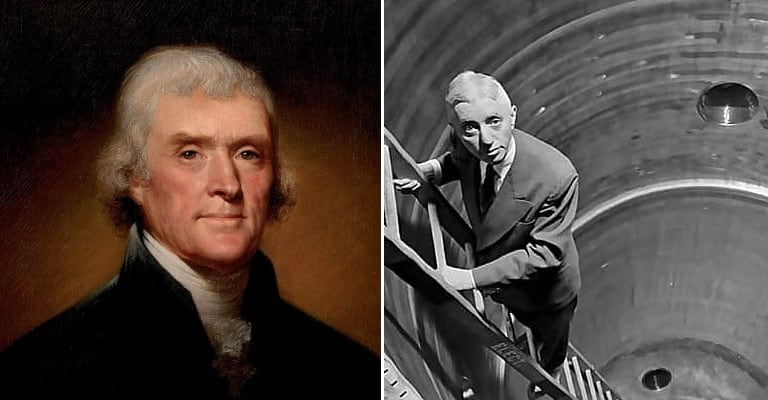In any list of influential leaders there will be controversy over who is included and who is not. How persons shaped the laws of the country, public opinion, public mores; how they resolved crises or avoided them, and most importantly how their influence remains felt in the United States are all considerations in the preparation of this list. Some are lesser known than others. Yes, many owned slaves during their lives. But their influence on the nation and the legacy they left behind demand their inclusion on any list describing the most influential leaders in American history.

1. George Washington
George Washington was the nation’s leading soldier in his lifetime, shaped the Presidency, created the group of advisers known as the Cabinet, and was a leading advocate for the expansion of the young United States to the west. He supported the earliest efforts to create a national infrastructure, argued against foreign entanglements and famously warned his countrymen about the dangers presented by partisan political parties. In recent years he has become derided as a slave owner and dismissed as an incompetent military commander, but his advice to the nation remains relevant more than two hundred years after his death.

